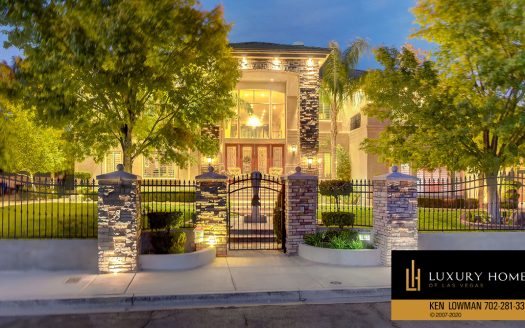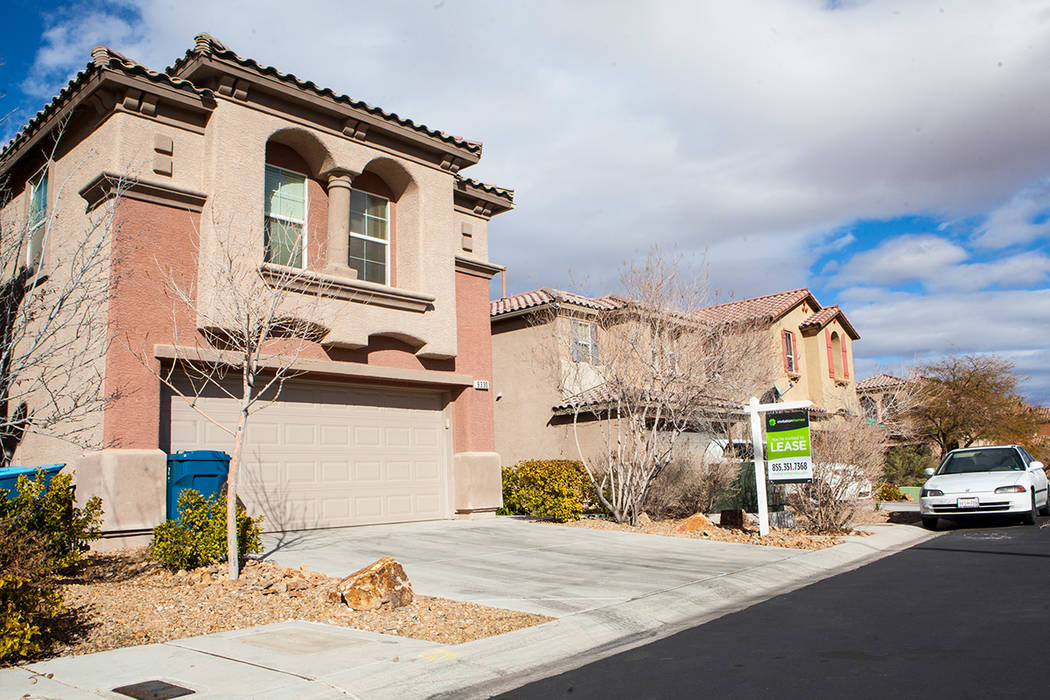

Las Vegas has seen a sharper decline in homeownership rates than the US overall (top panel of Figure 3). If renters can’t accumulate enough funds for a downpayment, they are less likely to become homeowners.

When renter households devote more of their monthly paycheck towards housing costs, they have less money to spend on other necessities, or to save for the future.

The homeownership deck is stacked against Black and Latino households These patterns are very similar to those observed nationally. Moderate income households – the second quintile, with incomes $25,000-43,500 – spend just over 30 percent of their income on housing. Both renters and homeowners in the poorest quintile (annual household income under $25,000) spend more than 60 percent of their income on housing costs, well over HUD’s benchmark for being considered severely cost burdened. Housing takes up a larger share of monthly income for low- and moderate-income households (Figure 3). As a result of strong demand, the cost of renting a home in Las Vegas has increased relative to incomes since 2000, with little improvement, even during the Great Recession (Figure 2). Homeowners displaced by foreclosures still needed a place to live, and formed a new cohort of renter households competing with existing renters for homes. The foreclosure crisis didn’t just hurt those who owned their homes it also made life more difficult for Las Vegas’ renters. Roll the dice, hope for an affordable apartment The risk of relying on home values is compounded because housing prices are positively correlated with local labor markets: prices rise or fall together with local employment. Families who expected that home equity would help finance their children’s education or supplement their retirement income will now have to scale back their plans or find other resources. Losing wealth when home prices decline has serious consequences for households’ financial well-being. Even those who did not lose their homes to foreclosure have lost wealth: many homes bought in the mid-2000s still have lower values today than at the time of purchase.

Homeowners in Las Vegas who bought near the market peak in 2006 were not so lucky. That is particularly true for Las Vegas (Figure 1). The first approach requires patience, the second requires luck.Īcross the U.S., homeowners and investors who were lucky enough to purchase real estate during the early 2000s and sell before 2007 did very well. If they buy property in a location that is experiencing rapid price appreciation, they can recoup the investment and cash out quickly. Some buyers try to become wealthy quickly by timing real estate cycles. Viewed as a long-term investment, buyers build equity gradually through a “forced savings” mechanism: every month’s mortgage payment includes a bit of additional principle. Homeownership can create wealth in two very different ways. Twitter There’s black jack and poker - and the real estate deal


 0 kommentar(er)
0 kommentar(er)
